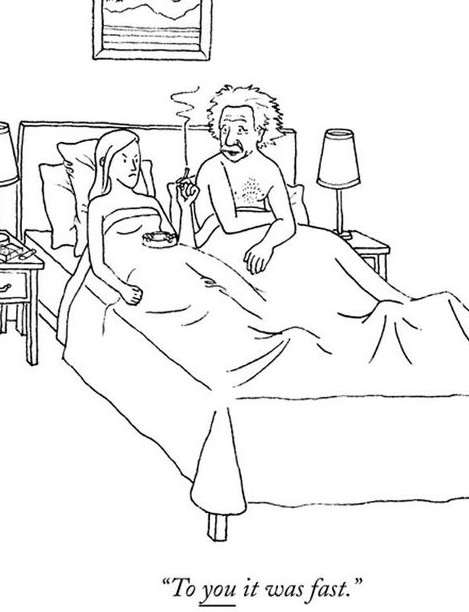Hypnosis is mysterious and peculiar. It is not fully understood. Some therapists are taught a very diluted version of hypnosis and they market themselves with statements about hypnosis that are not true. They are true to the techniques they use, but not to hypnosis. Here are six common misconceptions about hypnosis and their relevance to effective change work. Some are encouraged by practicing therapists and some are just urban legends.
Hypnosis is a sleep like state
Hypnosis gets its name from the Greek God of sleep, Hypnos, which is misleading. Relaxation and sleep are two very common suggestions used in the induction process. The relaxed state you often see in hypnotised people is the acceptance of a suggestion, but it is not hypnosis. It is the effect not the cause.
In a stage show you will see the subjects slumped when the hypnotist is not using them, they look like they are asleep, puppets with their strings cut, yet as so

















